In an era dominated by familiar formulas and predictable gameplay loops, TVGS’s latest title, "Schedule I," has emerged as a refreshing shake-up, pushing the boundaries of cooperative simulation games. The indie studio has managed to combine strategic depth with an immersive open-world experience, captivating gamers and critics alike.
So, what exactly sets "Schedule I" apart?
At first glance, the game might seem controversial or even sensationalist—after all, players step into the shoes of drug dealers building criminal empires. However, beneath the edgy surface lies a meticulously crafted gameplay system that emphasizes cooperation, strategy, and resource management. TVGS didn't just create another game; they reimagined how co-op play could function in a highly interactive and responsive world.
"Our goal was never shock value," explains Alex Hughes, lead designer at TVGS. "We wanted players to experience meaningful decisions and consequences. Cooperation in 'Schedule I' isn't just helpful—it's essential. Every player in your team has a role that genuinely matters."
Unlike many simulation games where multiplayer feels like an afterthought, "Schedule I" places teamwork front and center. Players must strategically divide responsibilities—from growing marijuana and cooking methamphetamine to managing distribution chains and expanding territories. This level of co-dependency ensures that no single player can succeed alone, driving home the game's core message of teamwork and collaborative growth. PC Gamer's feature delves further into this dynamic, emphasizing its appeal among players.
One standout feature has been the game's detailed management mechanics, delivered through engaging mini-games and robust simulation elements. Players can’t simply rely on quick reflexes or luck; strategy, planning, and communication determine the rise or fall of their criminal empire. As highlighted by Polygon's impressions, these immersive mechanics are integral to the experience.
Early player feedback highlights this strength: community forums buzz with discussions on optimal strategies, cooperative techniques, and shared experiences, creating a sense of camaraderie uncommon in many online games today.
TVGS has also emphasized the importance of ongoing development and player feedback. "Schedule I" entered Early Access in March 2025, but this is only the beginning. Monthly updates, driven largely by community suggestions, ensure the game remains fresh, exciting, and responsive to its audience, a commitment detailed further by Rock Paper Shotgun.
This player-first approach has garnered a fiercely loyal fanbase, eager to see how the game evolves. And TVGS is listening closely.
"We see ourselves as collaborators with the players," Hughes adds. "They're helping us shape something genuinely innovative."
For an in-depth look at the gameplay, IGN offers exclusive footage, and CNET provides a thorough overview of the game's unique selling points here.
With "Schedule I," TVGS isn't merely expanding the boundaries of the simulation genre—they're reshaping the very definition of cooperative gameplay, setting a new standard for what players should expect from their games.
As the game continues to grow, one thing is clear: TVGS’s approach with "Schedule I" isn't just redefining a genre—it's redefining player expectations for years to come.


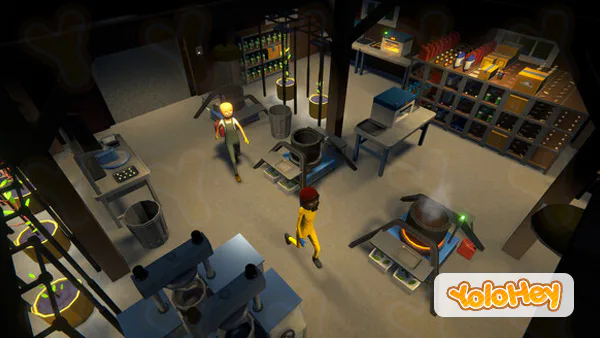
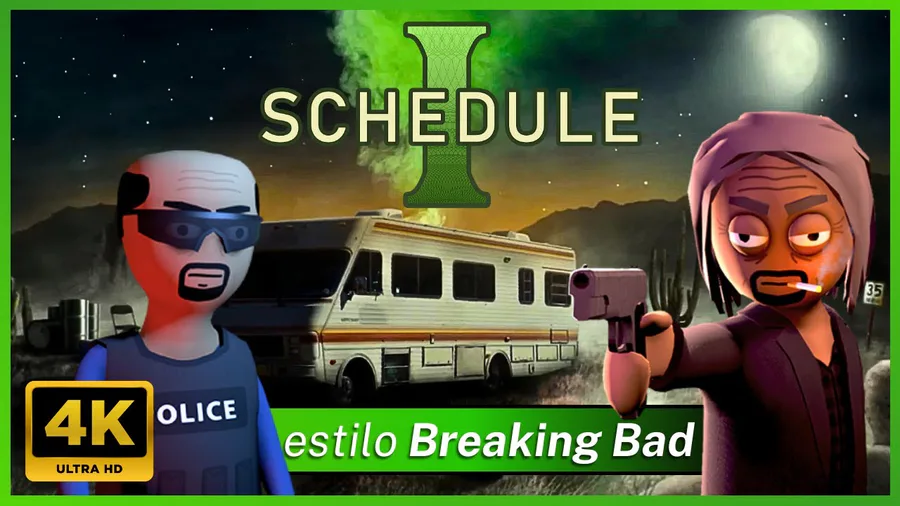
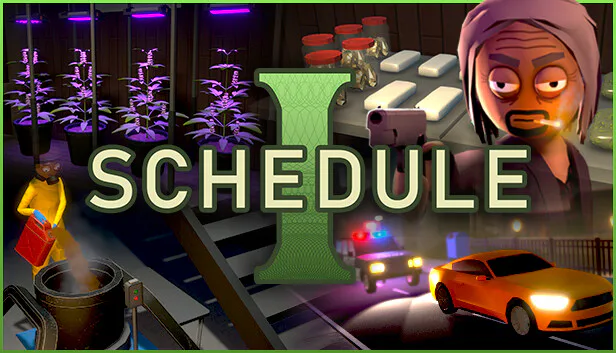
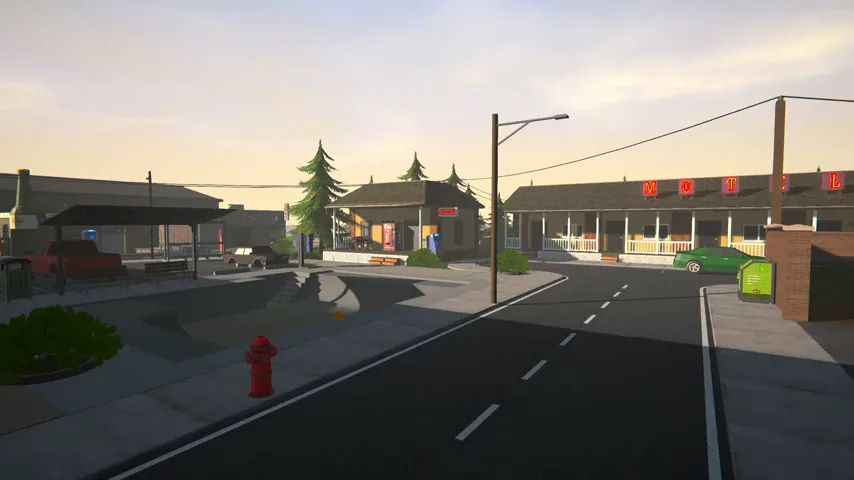
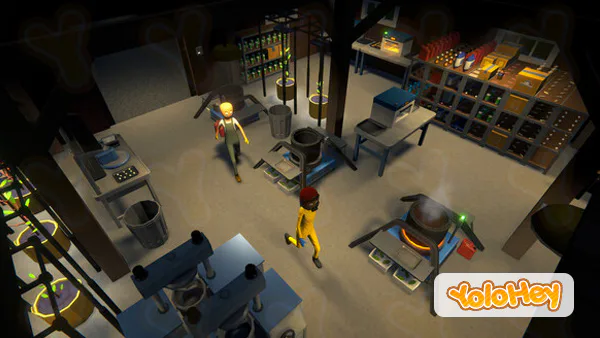
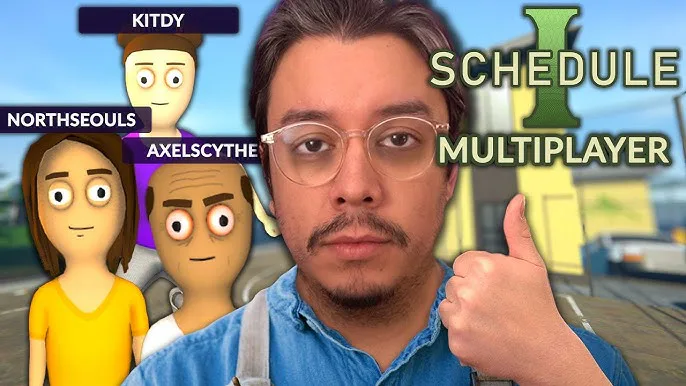
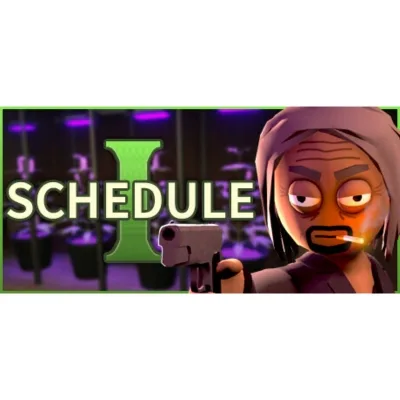
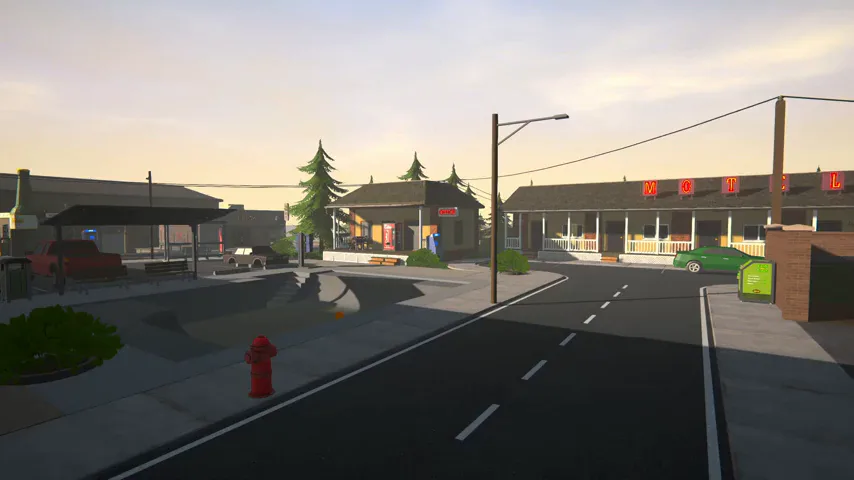





0 comments